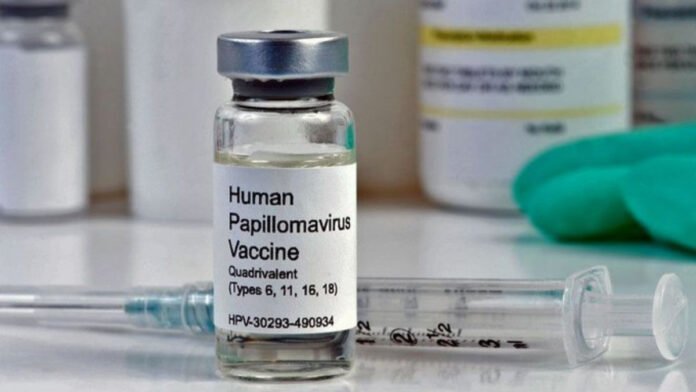Human Papillomavirus (HPV) is one of the most common sexually transmitted infections worldwide, with significant health implications, particularly for women. HPV infection is a leading cause of cervical cancer, a potentially deadly disease that affects millions of women each year. However, the good news is that cervical cancer is largely preventable, thanks to advances in medical science, particularly the development of HPV vaccines. In this article, we’ll explore the importance of HPV vaccination and provide essential preventive tips to protect against cervical cancer.
HPV vaccination is a crucial tool in the fight against cervical cancer. The vaccine works by stimulating the body’s immune system to produce antibodies against specific strains of HPV known to cause cervical cancer. By receiving the vaccine, individuals can significantly reduce their risk of HPV infection and subsequent development of cervical cancer. It’s important to note that the vaccine is most effective when administered before the onset of sexual activity, as it provides optimal protection against HPV infection.
One of the primary benefits of HPV vaccination is its role in preventing cervical cancer, which is the fourth most common cancer among women globally. Cervical cancer is caused by persistent infection with high-risk strains of HPV, particularly HPV types 16 and 18. These strains are responsible for approximately 70% of all cervical cancer cases. By targeting these specific HPV strains, the vaccine helps to reduce the incidence of cervical cancer and related mortality rates, saving countless lives each year.
In addition to protecting against cervical cancer, HPV vaccination offers several other health benefits. The vaccine also helps to prevent other HPV-related cancers, including anal, vulvar, vaginal, and oropharyngeal cancers. By reducing the prevalence of HPV infection in the population, the vaccine contributes to the overall reduction of these cancers, providing individuals with comprehensive protection against HPV-related diseases.
Furthermore, HPV vaccination has been shown to be safe and effective in numerous clinical trials and real-world studies. The vaccines have undergone rigorous testing to ensure their safety and efficacy, with data consistently demonstrating high levels of protection against HPV infection and associated diseases. Common side effects of the vaccine are typically mild and temporary, including soreness at the injection site, fever, and headache, similar to other routine vaccinations.
Despite the proven benefits of HPV vaccination, uptake rates remain suboptimal in many parts of the world. Several factors contribute to low vaccination rates, including lack of awareness, misconceptions about the vaccine’s safety and efficacy, and logistical challenges in accessing vaccination services. As a result, many individuals, particularly in underserved communities, miss out on the opportunity to protect themselves against HPV-related diseases.
To address this issue, it’s essential to raise awareness about the importance of HPV vaccination and dispel common myths and misconceptions surrounding the vaccine. Education plays a crucial role in empowering individuals to make informed decisions about their health and well-being. Healthcare providers, policymakers, and community leaders must work together to promote HPV vaccination as a safe and effective preventive measure against cervical cancer and other HPV-related diseases.
Additionally, efforts should be made to improve access to HPV vaccination services, particularly in marginalized and underserved communities. This includes expanding vaccination programs in schools, healthcare facilities, and community outreach centers, as well as offering the vaccine at no cost or at subsidized rates to individuals who may face financial barriers to vaccination.
In addition, HPV vaccination is a vital tool in the fight against cervical cancer and other HPV-related diseases. By protecting against HPV infection, the vaccine helps to prevent cervical cancer and reduce the burden of disease on individuals, families, and healthcare systems. To maximize the benefits of HPV vaccination, it’s crucial to raise awareness, address barriers to access, and promote vaccination as a safe and effective preventive measure. Together, we can work towards a future where cervical cancer is a preventable disease, and all individuals have the opportunity to live healthy, fulfilling lives.

